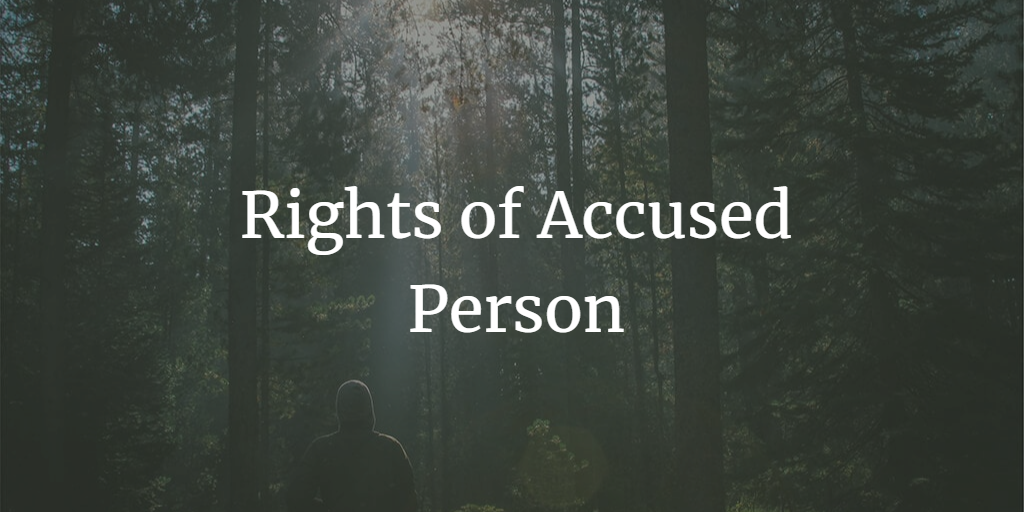11 Key Rights of Accused Persons Under the Indian Constitution

Table of Contents
Right to Equality and Equal Protection
Right to Life and Personal Liberty
Right against Double Jeopardy
Right against Self-incrimination
Right to Fair Trial
Right to Legal Representation
Right to a Speedy Trial
Right to be Informed of Charges
Right to Bail
Right against Cruel and Unusual Punishment
Right to Appeal
1. Right to Equality and Equal Protection
Article 14 of the Indian Constitution guarantees the right to equality and equal protection before the law for every person, including the accused. This right ensures that everyone is treated fairly and justly during legal proceedings.
2. Right to Life and Personal Liberty
Article 21 guarantees the right to life and personal liberty. This right ensures that accused individuals are not subjected to arbitrary arrest or detention and that their fundamental rights are respected during the legal process.
3. Right against Double Jeopardy
Article 20(2) of the Indian Constitution protects accused individuals from being prosecuted and punished for the same offense more than once, a concept known as double jeopardy.
4. Right against Self-incrimination
Article 20(3) guarantees the right against self-incrimination, which means that an accused person cannot be compelled to be a witness against themselves during the investigation or trial.
5. Right to Fair Trial
The right to a fair trial is implicit in Article 21 of the Indian Constitution. This right ensures that accused individuals receive an unbiased and just trial that follows due process of law.
6. Right to Legal Representation
The right to legal representation is guaranteed under Article 22(1) of the Indian Constitution. Accused persons have the right to consult and be defended by a lawyer of their choice.
7. Right to a Speedy Trial
Although not explicitly mentioned in the Indian Constitution, the right to a speedy trial is recognized as part of the fundamental right to life and personal liberty. Delayed trials can negatively impact the accused and violate their rights.
8. Right to be Informed of Charges
The Indian Constitution implicitly recognizes the right of an accused person to be informed of the charges against them. This right enables the accused to prepare a proper defense and ensures a fair trial.
9. Right to Bail
The right to bail is not explicitly mentioned in the Indian Constitution. However, it is derived from the right to life and personal liberty. Depending on the nature of the crime and circumstances, an accused person may be granted bail during the legal proceedings.
10. Right against Cruel and Unusual Punishment
Article 21 of the Indian Constitution implicitly protects the accused from cruel, inhuman, or degrading treatment or punishment. This right ensures that punishments are proportional to the offense committed and that the dignity of the accused is upheld.
11. Right to Appeal
The right to appeal is an essential aspect of ensuring justice for the accused. While not explicitly mentioned in the Indian Constitution, the right to appeal has been recognized by the Indian judiciary as an integral part of the right to a fair trial.
By understanding these 11 key rights of accused persons under the Indian Constitution, individuals can better protect their interests and ensure a fair and just legal process.


